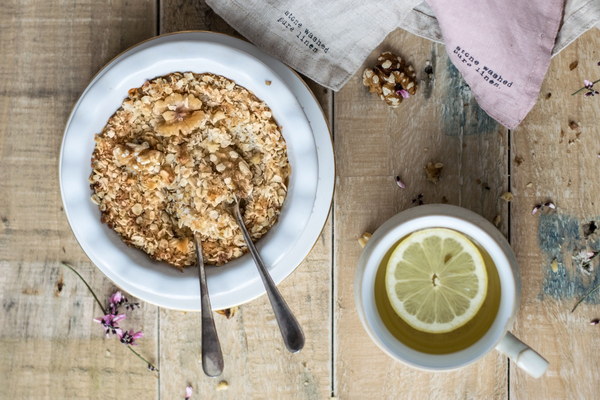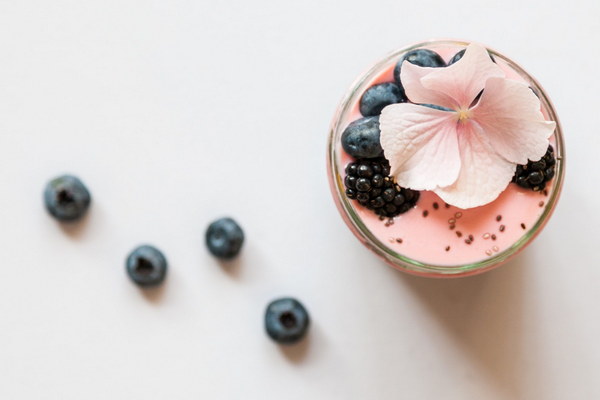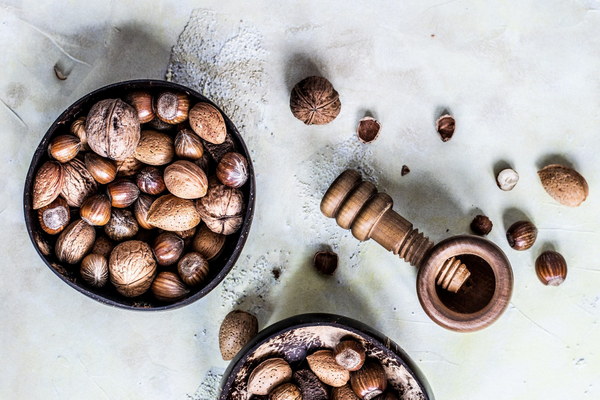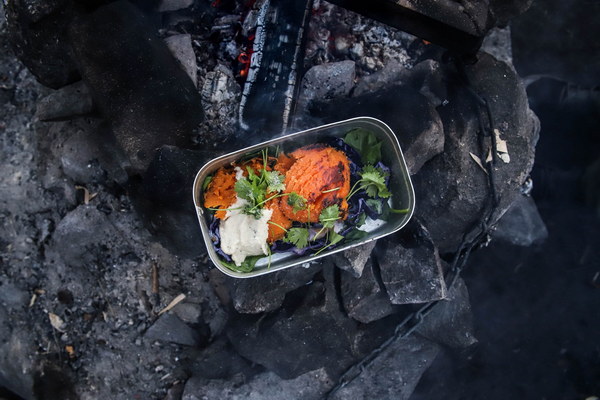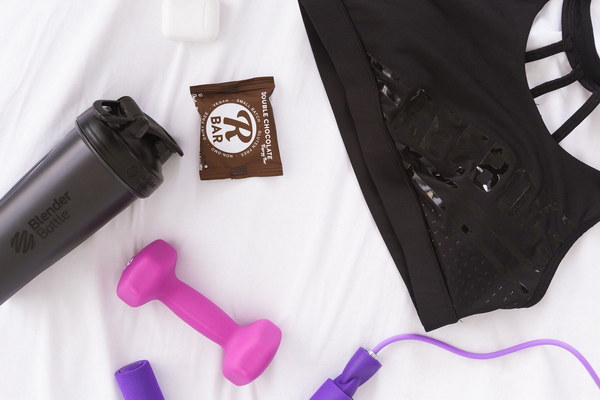Nurturing Health A Guide to Self-Care for Bed-Restricted Stroke Survivors
Living with the aftermath of a stroke can be a challenging experience, especially when the survivor is bed-bound. The physical limitations imposed by stroke can lead to a myriad of health issues, but with the right approach to self-care, individuals can significantly improve their quality of life. Below, we outline a comprehensive guide to nurturing health for bed-restricted stroke survivors.
Understanding the Challenges
Stroke survivors who are bed-bound often face a range of challenges, including muscle atrophy, pressure sores, decreased respiratory function, and reduced mental health. It's crucial to address these issues systematically to maintain overall well-being.
1. Physical Exercise and Movement
Even when confined to bed, it's essential to maintain as much physical activity as possible. Here are some exercises and tips:
- Range of Motion (ROM) Exercises: Gentle movements to keep joints supple and prevent contractures.
- Leg Raises: To strengthen the lower body and prevent blood clots.
- Arm Exercises: Using resistance bands or light weights to maintain arm strength.
- Deep Breathing: Practice deep breathing exercises to improve lung capacity and prevent respiratory complications.
2. Nutrition and Hydration
Proper nutrition is vital for recovery and overall health:
- Balanced Diet: Consume a well-balanced diet rich in fruits, vegetables, whole grains, lean protein, and healthy fats.
- Hydration: Ensure adequate hydration by drinking plenty of fluids throughout the day.
- Nutritional Supplements: Consult with a healthcare professional about the need for additional vitamins or minerals.
3. Skin Care
Preventing pressure sores is a top priority:
- Regular Position Changes: Change positions frequently to relieve pressure on vulnerable areas.
- Skin Care: Keep the skin clean and dry, and apply a protective barrier if necessary.
- Inspecting the Skin: Regularly inspect the skin for any signs of redness or breakdown.
4. Respiratory Health
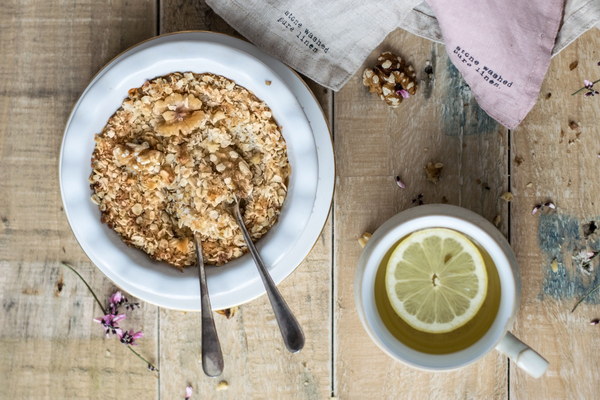
Maintaining good respiratory health is crucial:
- Deep Breathing Exercises: Encourage deep breathing to help clear the lungs.
- Coughing and Chest Physical Therapy: Work with a therapist to maintain lung function.
- Humidification: Use a humidifier to keep the air moist and reduce the risk of respiratory infections.
5. Mental Health and Cognitive Function
Addressing mental health is as important as physical health:
- Stress Management: Techniques such as meditation, deep breathing, and mindfulness can help manage stress.
- Cognitive Stimulation: Engage in activities that challenge the brain, such as puzzles or memory games.
- Social Interaction: Keep in touch with loved ones and consider online support groups for emotional support.
6. Hygiene and Personal Care
Maintaining personal hygiene is essential:
- Daily Hygiene: Regularly bathe or sponge-bathe the survivor to maintain cleanliness.
- Grooming: Assist with hair care, dental hygiene, and other personal grooming needs.
- Toilet Training: Implement a schedule for toileting to maintain continence.
7. Professional Support
Seeking professional help is key to managing the complexities of stroke recovery:
- Physical Therapy: To improve mobility and strength.
- Occupational Therapy: To learn adaptive techniques for daily living.
- Speech Therapy: If speech or swallowing difficulties are present.
- Psychological Support: For emotional and mental health support.
Conclusion
Living with a stroke and being bed-bound presents unique challenges, but with a proactive approach to self-care, individuals can enhance their quality of life. By focusing on physical activity, nutrition, skin care, respiratory health, mental well-being, personal hygiene, and seeking professional support, stroke survivors can navigate the road to recovery with greater ease and comfort. Remember, patience and perseverance are key components of the healing journey.


